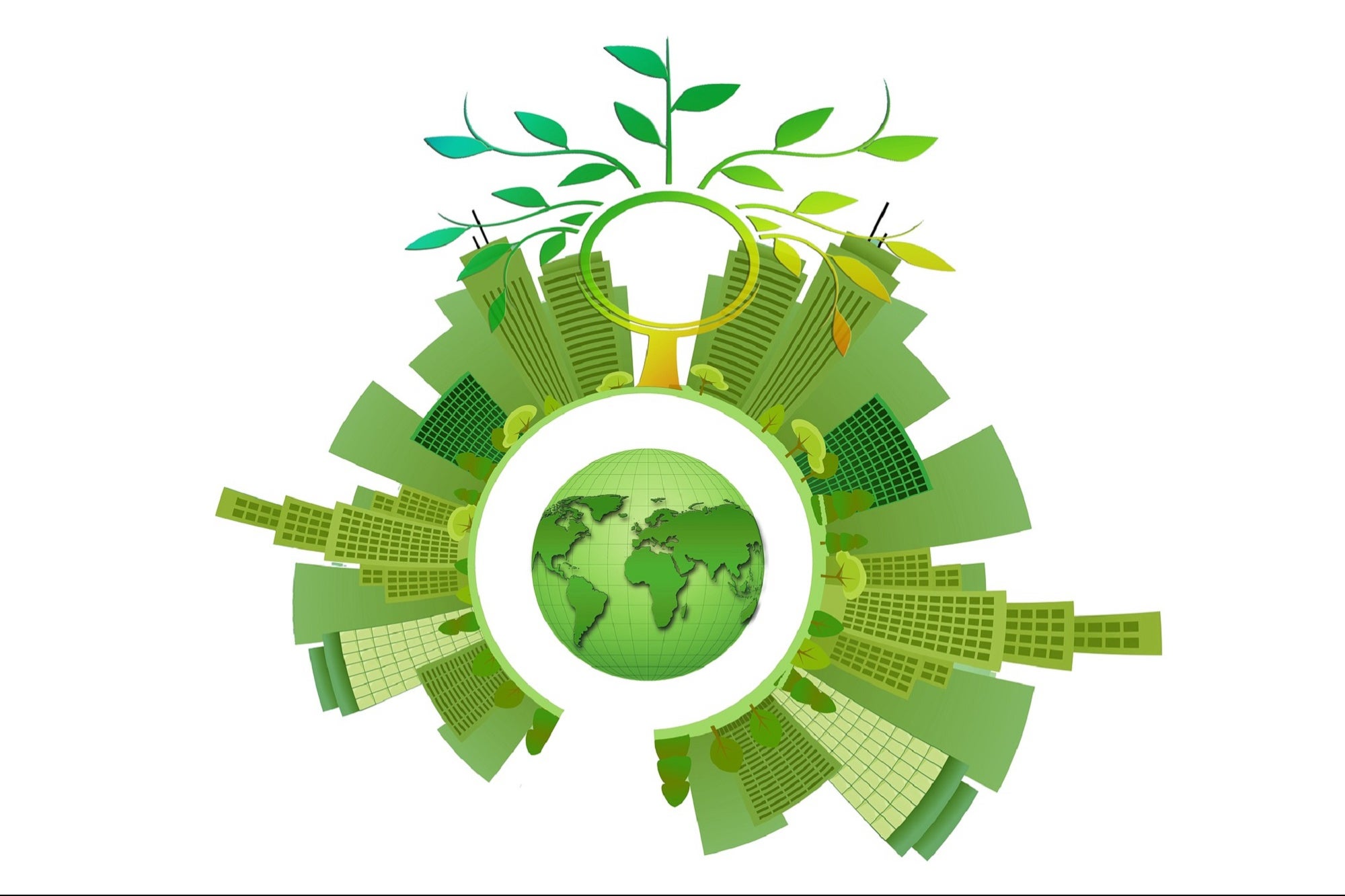We Have the Tools To Get To Net Zero Emissions. Let Us Use Them As the effects of climate change result in more severe weather events like bushfires and floods-people know the price of remaining dependent on polluting fuels is too high
Opinions expressed by Entrepreneur contributors are their own.
You're reading Entrepreneur Asia Pacific, an international franchise of Entrepreneur Media.

Australia's failure to set a firm political course to net zero emissions is a profoundly backward act of economic and environmental self-harm. It's in the national interest that we equip ourselves with not just the political will, but the practical tools required to harness the popular appetite for affordable renewable energy in the absence of a political solution.
A Deloitte Access Economics report found that a failure to achieve net zero emissions by 2070 would shrink the economy by six per cent and cost nearly 900,000 jobs. This would be akin to a permanent, repeating coronavirus recession rolling year-on-year without relief. Conversely, decisive action could add more than 250,000 jobs and result in $680 billion in growth by 2050.
Despite the long-running political static around renewable energy, it is broadly popular with Australian energy users and businesses. As the effects of climate change result in more severe weather events like bushfires and floods—people know the price of remaining dependent on polluting fuels is too high. The other reason is that the financial price of renewable energy has never been lower.
Of course, the cost of fuels is literally zero—nobody has yet mastered the provision of sunlight-as-a-service. As more renewable energy projects come online in Australia, both behind-the-meter in the form of solar panels, and in-front-of-the-meter as grid-scale wind farms, hydro systems and photovoltaic operations, the price per megawatt of renewable energy has steadily decreased.
Renewable energy is less expensive and more popular than energy produced by fuels that pollute. The problem is that our current regulatory and technological regime does not enable people to easily choose where their energy spend goes.
The rapid growth and popularity of renewable energy in Australia is part of the reason why I uprooted my family's life in Estonia to build a life here. I wanted to participate in the immense potential of the Australian renewable energy industry and help transform the way that we generate, buy and use power.
Currently, electricity retailers—some of whom are large energy companies that also own and operate fossil fuel operators—do not give their customers a choice about where their energy spend goes. Historically it is only very large energy users spending more than $2 million a year on power who are able to strike deals directly with energy generators to procure power at prices closer to wholesale rates. These deals, known as power purchase agreements (PPAs), are linked to one or more specific generation projects.
We now have the technology to empower all energy users—from households to LNG plants—to choose their energy source. Unfortunately our regulatory regime has not kept up with this pace of change, and while we are able to broker direct deals between smaller commercial and industrial organizations spending as little as $100,000 a year on energy, household users are locked out.
The technology works like this: We use a public blockchain to break an initial PPA into smaller slices. The blockchain ensures that each slice contains a transparent and unalterable record of the original deal. These can then be sold separately, to one party or many, using standardized contract architecture. The end result is that an energy user can choose not just to buy renewable energy, but can also choose which specific renewable energy projects they want to support.
The reason this level of choice is not available to ordinary householders has nothing to do with the maturity of the technology. Rather, sharing the kind of energy use data that enables such a deal is too onerous and complex under our current regulatory regime for household users to navigate.
This is a major problem. If consumers were able to choose to purchase less expensive renewable energy over coal or gas-fired power, they would. This in turn would accelerate our move to renewables and drive us towards net zero emissions, without the use of opaque and often unreliable offset schemes.
The solution is to put energy users in charge of their own data and in control of their own purchases. We need a consumer data right—similar to open banking in the finance sector—that lets people choose who they share their energy use data with, and for what purpose.
This would enable ordinary people to choose more than just whose logo appears on the top of their energy bill. It would deliver a real energy democracy where people can vote with their power spend to inhabit a safer, cleaner, more prosperous future powered by renewable energy.











